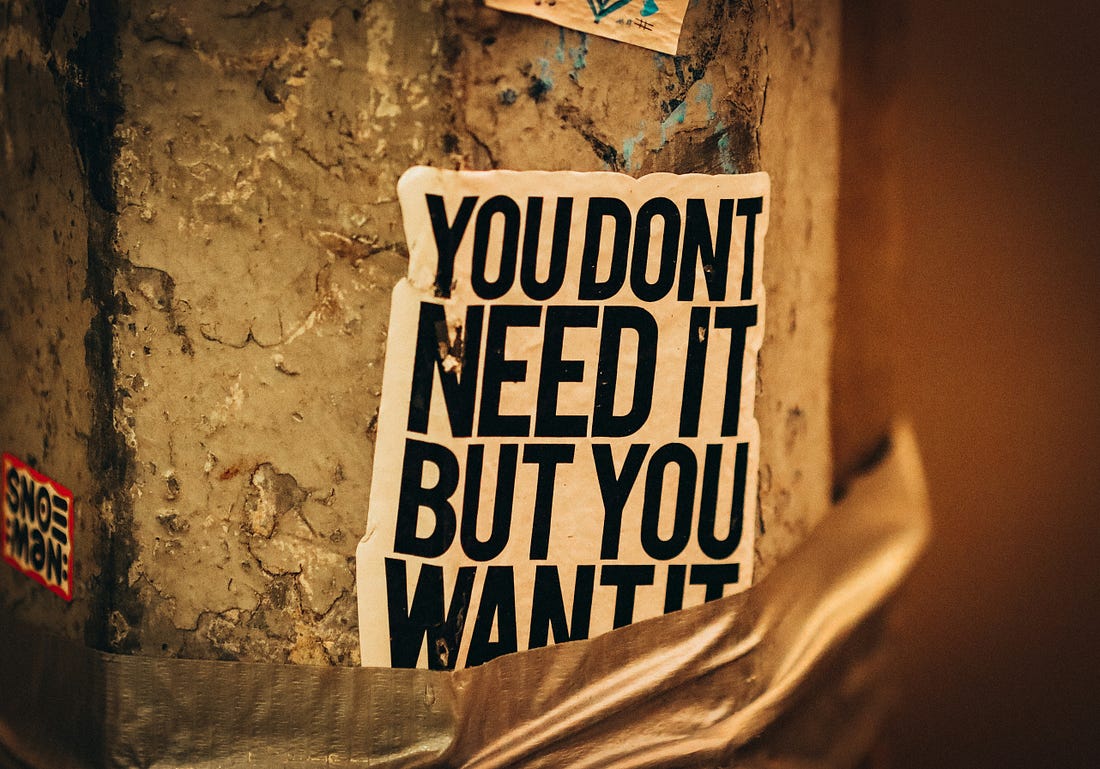🧩 The Psychology of Free: Why Curiosity Isn’t Commitment(Part 1 of The Revenue-First Founder Series)Every founder I’ve ever coached eventually tells me the same story—though the details differ, the ending rarely does. They launch something new, keep it free, and watch users flood in. Then, they introduce pricing. It’s not failure; it’s revelation. The Comfort of “Free”Making something free feels logical. Remove friction, gather feedback, prove demand—right? Free users explore, not commit. Dropbox, Evernote, and countless early consumer startups learned this the hard way: massive top-of-funnel growth followed by conversion rates that exposed how little curiosity predicts conviction. The psychology is simple. Why Founders Still Fall for ItBecause free produces motion. Dashboards fill up. Graphs go up and to the right. But progress isn’t motion; it’s learning. That’s why the signal from free users is almost always distorted. What I See Working With FoundersWhen I help founders run early validation sprints, I often ask:
Almost every time, the first reaction is fear: “What if nobody pays?” Once they introduce even a token price, the noise drops. A Parallel Closer to HomeLook at Byju’s, the Indian ed-tech giant that built enormous reach through free lessons and demos. Now contrast that with Zoho, which charged from day one. Free fills funnels. Behavioural Economics Has a Term for ThisIt’s called the effort-cost bias: we assign honesty to effort. In short:
The AI Era Makes This Even SharperToday, anyone can prototype an idea in a weekend. AI, nocode tools, and APIs have erased the barriers to creation. When it’s easy to build anything, everything looks promising. If someone pays for your AI product, subscription, or data service, it’s not because it’s novel. The Shift That Changes EverythingFounders who stop asking “Do people like it?” and start asking “Who is willing to pay for it?” experience a fundamental change in learning velocity. Each payment, no matter how small, tightens the feedback loop: That’s revenue-first validation in action. Closing ReflectionCuriosity is cheap. Conviction costs. The real job of early validation isn’t to prove your idea works—it’s to discover who cares enough to pay for it.
Invite your friends and earn rewardsIf you enjoy Startup-Side , share it with your friends and earn rewards when they subscribe. |
Friday, October 24, 2025
🧩 The Psychology of Free: Why Curiosity Isn’t Commitment
Subscribe to:
Post Comments (Atom)
Early Growth Is Not Scaling. It Is the Search for Repeatability.
Most startups don’t fail at validation or scale. They stall in between. This essay explains why early growth is about discovering repeatable...
-
Crypto Breaking News posted: "Mikhail Fedorov, Ukraine's Deputy Prime Minister and the head of the country's Minist...
-
kyungho0128 posted: "China's crackdown on Bitcoin (BTC) mining due to energy consumption concerns is widely regarded as...
-
lovesarahjacobs posted: "Download our free Coinbase pro app and receive signals on your mobile – https://play.google.com/st...


No comments:
Post a Comment